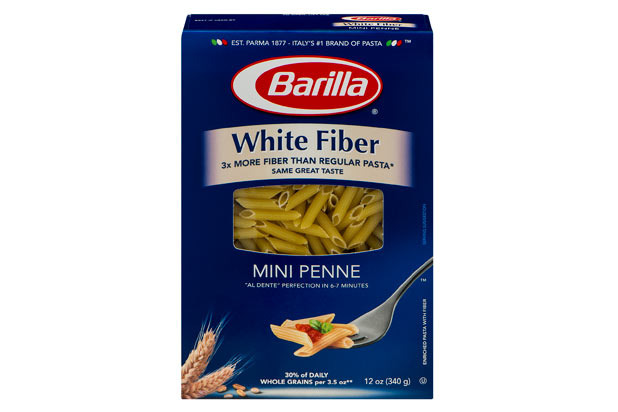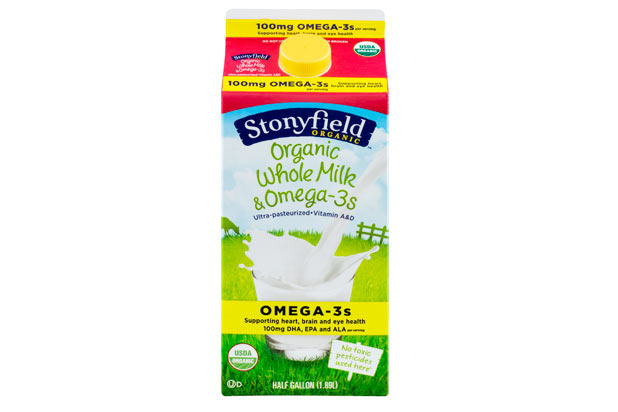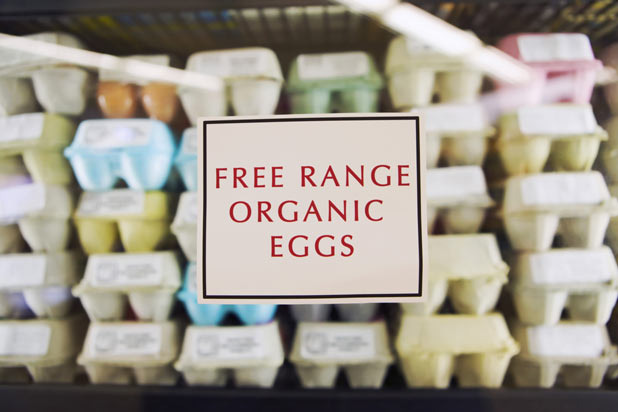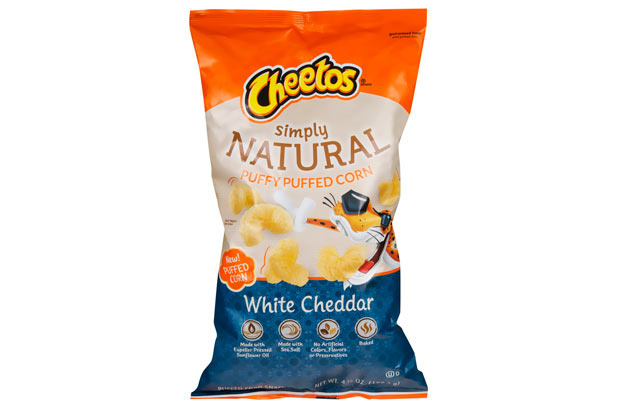11 Health Food Labels That Are Completely Meaningless (Slideshow)
Sure, there might be peaches and oranges on the box, but the only "real fruit" in the food itself might be white grape juice concentrate, kicked up with a heaping spoonful of "real" high fructose corn syrup.
Made with Whole Grains
It's a good rule of thumb to be wary any time you see "made with" on a label, because sure, there might be a pinch of a whole grain of some sort, it's most likely a completely negligible amount.
A Good Source of Fiber
This one is tricky, because it all comes down to what type of fiber the food is a good source of. Soluble and insoluble fibers, like the kind found in oat bran, for example, are useful to your body. Isolated fiber, however, like polydextrose and maltodextrin, is most likely worthless from a nutritional standpoint. So again, look at the ingredients list before believing the box.
Contains Omega-3
There are three types of omega-3 fatty acids, and the variety found in flax seeds doesn't have the same nutritional benefits as those found in fatty fish. So if you see flax powder tacked onto an ingredient list (or if the eggs or milk are from an animal fed flax seeds), it's most likely only in there so they can tack on the omega-3 label, and it won't benefit you much from a nutritional standpoint.
Hormone-Free
First of all, adding hormones or steroids to poultry or pork has always been illegal, so if you see "Raised without Hormones" on your package of chicken, you're allowed to respond with "duh." As for beef, the USDA has no way to verify the claim, so producers are essentially free to make the claim whether it's true or false.
Free-Range
The term "free-range" usually conjures images of happy chickens gallivanting about on the open prairie, but in reality the USDA only requires about five minutes of open-air access per day, which can mean no more than a hole to stick their head through. As for eggs and beef, there's no standard for calling those "free-range" whatsoever.
All-Natural
Labeling a food "all-natural" is a quick way to get consumers to think that the product is healthier than others because it comes from nature. In fact, "all-natural" is an extremely general and vague term that the FDA doesn't even have an officially recognized definition for. According to the USDA, meat can be labeled "all-natural" as long as it doesn't contain any artificial ingredients or chemical preservatives; it can, however, be pumped full of broth or saline water. And contrary to what some may believe, "all-natural" doesn't mean "GMO-free."
No Additives
There is in fact an official definition of "additive" that the USDA and FDA go by: "ingredients that are added to food to influence texture, taste, preservation, flavor, color, or nutrition." However, "no additives" is a general claim that's not enforced by any organization, so when a food company tacks that onto their label, it very well could mean absolutely nothing.
Raised Without Antibiotics
Just about every farmed animal is given low-level antibiotics during its lifetime, because without them they'd most likely fall victim to one of the many diseases that can make their way through slaughterhouses. For this reason, the USDA has actually banned the use of the term "antibiotic-free." In order to get around that pesky regulation, most producers now just say "raised without antibiotics" or "no antibiotics administered." There's no verification system in place to prove whether producers are lying or not.
Humanely-Raised
There's no universally accepted USDA definition for "humanely raised," and it's not regulated, so any producer can claim that their meat is raised humanely whether that's true or false. If you want to be certain, however, look for the Certified Humane® label, which means that the slaughterhouses are inspected by independent companies annually, and a 28-member committee has signed off on it.
Sustainably-Raised
A report issued earlier this year found that many of the "sustainably-raised" claims on meat packages were impossible to verify. Consumers are willing to shell out more cash for sustainably-raised meat, but there's no scientifically-established definition for what that even means.


